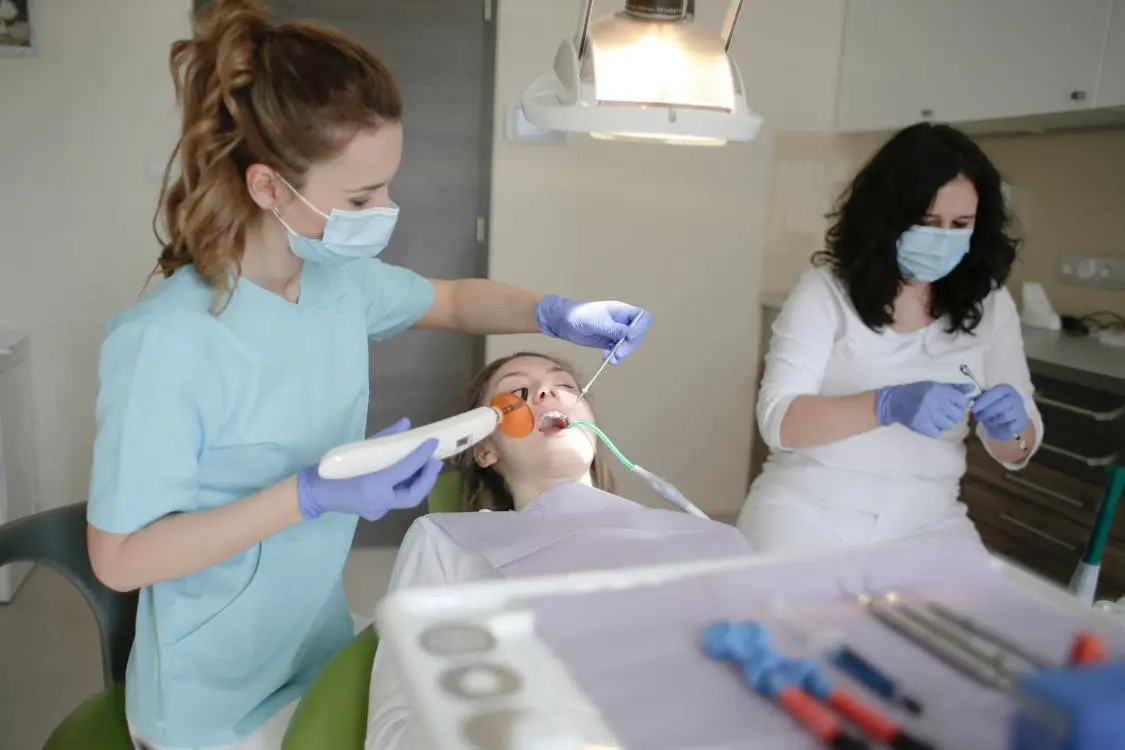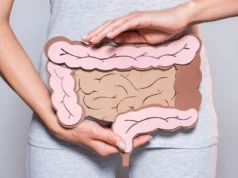
Dental implant surgery is a significant procedure for those looking to replace missing or damaged teeth with artificial ones that function and appear like natural teeth. While the benefits of this surgery are many, it’s not uncommon to experience some level of discomfort or pain during the recovery process.
Fortunately, several strategies and tips can help manage and reduce this discomfort, ensuring a smoother and more comfortable recovery period.
Understanding Pain Post-Dental Implant Surgery
This surgery involves inserting a metal post into the jawbone, which serves as a foundation for the new tooth. This procedure, while highly successful, can lead to some post-operative pain and discomfort. Understanding this pain and recognizing it as a normal part of the healing process is crucial for patient comfort and recovery.
Following a dental implants procedure, it’s normal to experience some pain and swelling in the affected area. This is part of the body’s natural healing process. The pain is usually at its peak within the first 48-72 hours after surgery and gradually decreases as your body begins to heal. Patients need to understand that this level of discomfort is normal and typically manageable with the right care and medications.
Effective Pain Management Strategies
Managing pain effectively after an implant procedure is crucial for a comfortable recovery. Several strategies can be employed to help mitigate pain and promote healing.
Over-the-counter pain relievers such as ibuprofen or acetaminophen can be effective in managing post-surgical pain. In some cases, your dentist might prescribe stronger painkillers. It’s important to follow your dentist’s instructions regarding medications to avoid any adverse effects and ensure the most effective pain relief.
Home Care and Lifestyle Adjustments

Post-operative care at home is crucial for a successful recovery and minimizing discomfort. Adhering to proper home care routines and making certain lifestyle adjustments can significantly impact your comfort levels and the healing process.
Maintaining proper oral hygiene is essential for preventing infection and promoting healing. However, it’s important to be gentle around the surgical site to avoid disrupting the healing process. Use a soft-bristled toothbrush and avoid rinsing vigorously. Your dentist may also recommend using a saline rinse or a special mouthwash to help keep the area clean.
Professional Follow-up and Care
Regular follow-up appointments with your dental professional are crucial for monitoring your healing process and addressing any concerns promptly.
Follow-up appointments allow your dentist to monitor the healing process and ensure that the implant is integrating properly with your jawbone. These visits are also an opportunity for you to ask questions and address any concerns you may have regarding your recovery and pain management.
Navigating Emotional and Psychological Aspects

The journey through dental implant surgery doesn’t just involve physical healing; it also encompasses dealing with emotional and psychological responses. Understanding and managing these aspects can significantly enhance the recovery experience.
Post-surgical recovery can sometimes lead to feelings of anxiety, frustration, or even sadness due to the physical limitations and discomfort. It’s important to recognize these feelings as a normal part of the healing process. Acknowledging your emotions and permitting yourself to feel them can be the first step toward managing them effectively.
It’s beneficial to seek support from friends, family, or support groups who can offer understanding and encouragement. Additionally, if your emotional or psychological state is significantly impacting your recovery, consider speaking with a professional. Mental health professionals can provide strategies and therapies to cope with any post-surgical stress or depression, ensuring a more holistic approach to your recovery.
Adjusting Daily Routines and Activities
Post-surgical recovery may require temporary adjustments to your daily routines and activities. Making these adjustments can significantly aid in the healing process and prevent complications.
After dental implant surgery, it’s crucial to modify your physical activity to prevent any strain on the surgical site. Avoid heavy lifting and strenuous exercise for the first few days or as recommended by your dentist. Gradually reintroduce regular activities as your comfort and healing progress, but always heed your body’s signals.
Plan for your recovery period to ensure you can rest adequately and avoid unnecessary stress. This may include taking time off work, arranging for help around the house, or preparing meals in advance. A well-thought-out plan can help you focus on your healing and reduce the risk of complications.
Understanding the Healing Process

A comprehensive understanding of the healing process can set realistic expectations and contribute to a more positive recovery experience.
The healing process following dental implant surgery occurs in stages, from initial wound healing to the integration of the implant with the jawbone. Being aware of these stages and the typical timeline can help you monitor your progress and recognize when things are moving in the right direction.
Patience is crucial during the healing process. Each individual’s body heals at its own pace, and rushing the recovery can lead to setbacks. Maintaining a positive outlook and being patient with your body’s healing process can make a significant difference in your overall recovery experience.
Enhancing Recovery with Nutrition and Hydration

Proper nutrition and hydration play pivotal roles in the healing process after dental implant surgery. A well-balanced diet can provide the necessary nutrients for healing while staying hydrated aids in overall health and recovery.
Incorporate a variety of nutrient-rich foods into your diet, focusing on vitamins, minerals, and protein to support healing. Foods rich in vitamin C, vitamin A, zinc, and calcium can contribute to effective tissue repair and bone health. Consult with a nutritionist or your dentist to tailor your diet to your specific recovery needs.
Staying adequately hydrated is essential for flushing toxins from the body, reducing the risk of infection, and keeping tissues healthy. Drink plenty of water throughout the day, and avoid alcohol and caffeinated beverages, as they can dehydrate the body and potentially hinder the healing process.
Conclusion
In conclusion, while dental implant surgery can lead to some post-operative discomfort, this pain is usually manageable and temporary. By understanding the nature of post-surgical pain, employing effective pain management strategies, adhering to proper home care routines, and keeping up with professional follow-ups, patients can ensure a smoother and more comfortable recovery process.
Remember, every patient’s recovery experience is unique, so it’s essential to communicate openly with your dental professional and follow their personalized advice and instructions.













